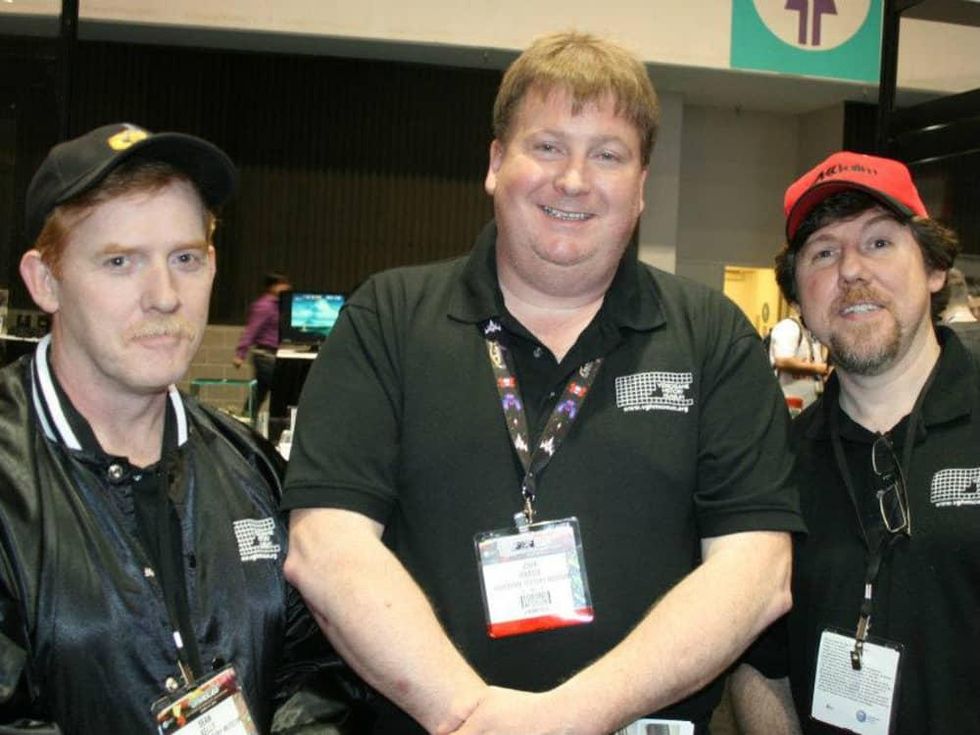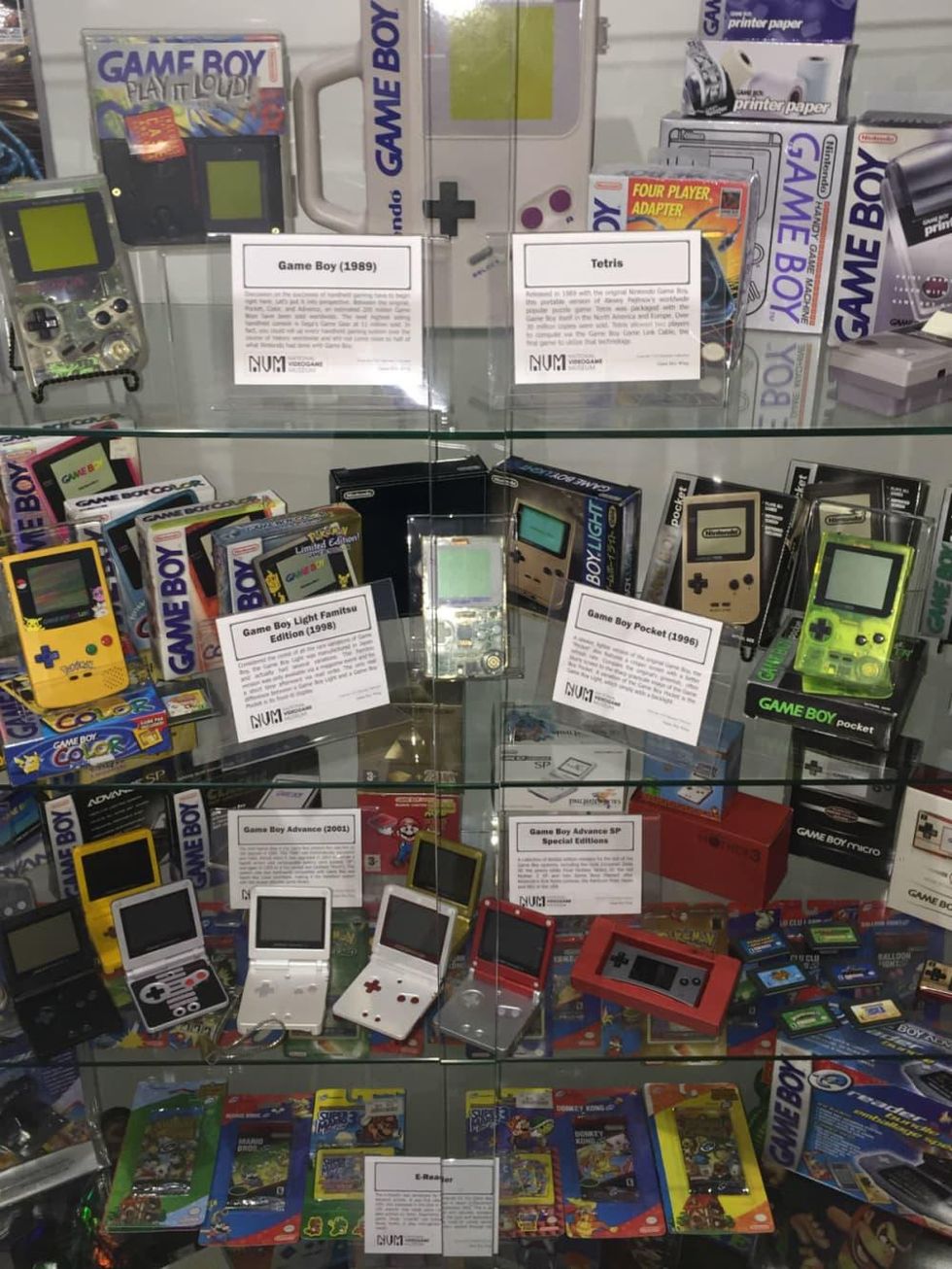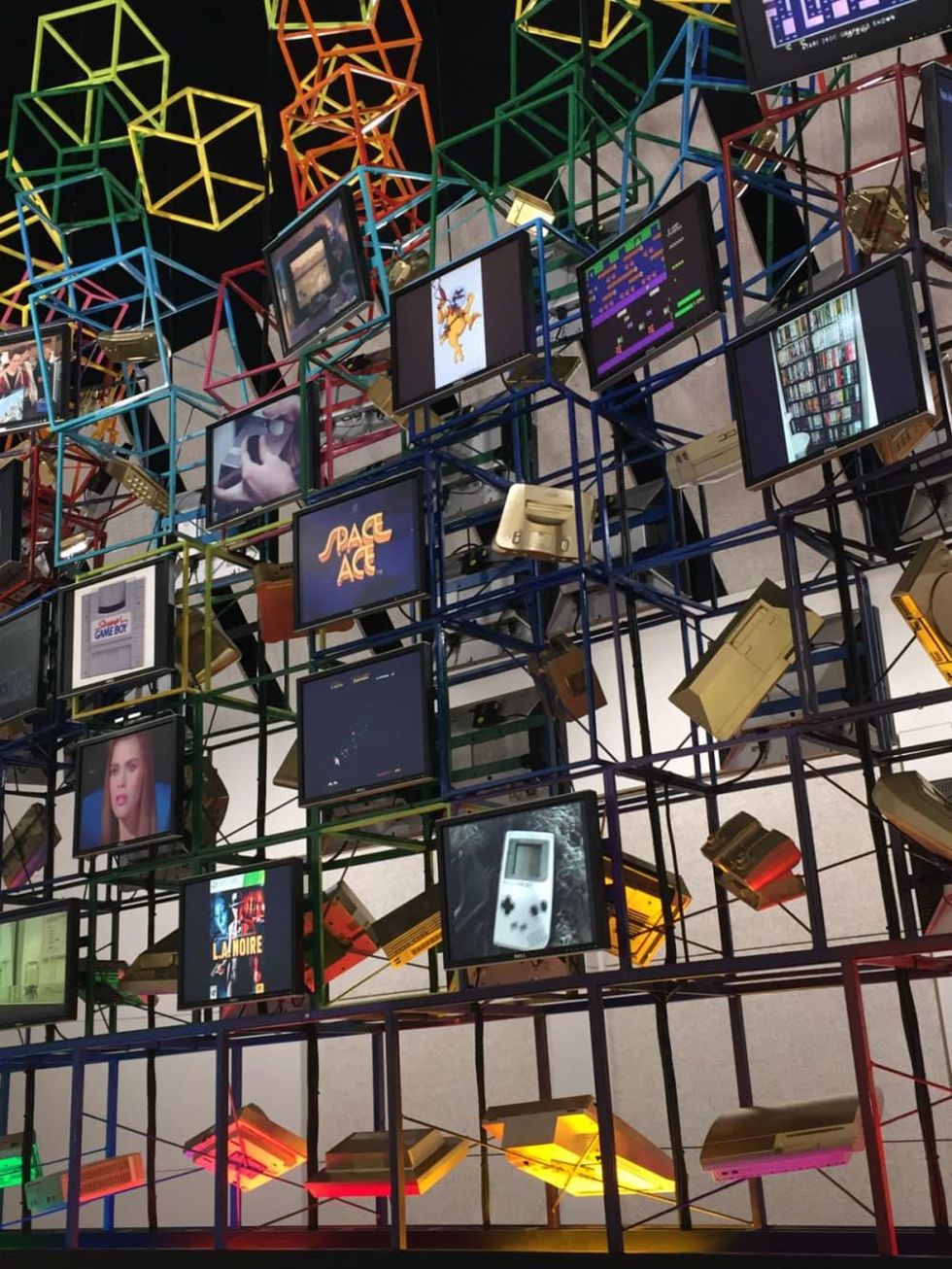Gamer Nirvana
New Texas museum damn sure will turn everyone into a videogame junkie
Whether you haven't picked up a controller since you last played "Space Invaders" on Atari, or you're a hardcore gamer who stays on top of every innovation, you'll want to see what's inside a new museum opening in late December in Frisco. The National Videogame Museum promises to showcase almost every imaginable videogame innovation to come out of the United States.
Located inside the Frisco Discovery Center, which also houses the Sci-Tech Discovery Center and Frisco Art Gallery, the National Videogame Museum will be home to more than 100,000 videogame consoles, games, and artifacts from the past and present. The interactive museum aims to bring to life science, technology, engineering, and math (STEM) values by appealing to those who love to play and create videogames.
The museum is co-founded by three videogame enthusiasts — Joe Santulli, John Hardie, and Sean Kelly — who have made it their mission to collect and archive videogames since the early 1980s. Their collections are about much more than just playing the games.
"Each of us, before we even met, always found there was a lot more to discover about the history of the game," Hardie says. "A lot of that added to the excitement and the total package to figure out who programmed certain games, then tracking them down and talking to them about what it was like developing those games."
Their pre-Internet searches for the people behind the videogames included a level of commitment that took them way beyond the moniker of "collector."
"It was at a time where we would literally go to a city and steal a phonebook out of a hotel so that we could cold call hundreds of people," Kelly says. "This was way more hardcore than any collector now, so I try not to use the word 'collector' much because it just seems so amateurish to us compared to what we've done."
That attention to detail will be evident at the museum, which will feature a 1980s-inspired arcade of timeless classics, a giant version of "Pong," and gaming stations with more than 12,000 games. Gamers can also explore a collection of rare artifacts like the only Sega Neptune prototype and one of only two Atari Mindlink controllers in the world.
For many years, a traveling version of the museum was seen at gaming conventions like the Electronic Entertainment Expo. After encouragement from conventiongoers, the group decided to find a more permanent home for the collection.
Initial searches for a location in traditional videogame locales like Silicon Valley yielded little progress. Randy Pitchford, who moved Gearbox's headquarters to Frisco in 2014, suggested the Dallas suburb as a possibility. Visitors can score a behind-the-scenes look at Pitchford's office at the new museum.
"I think the city of Frisco was very forward-thinking," Hardie says. "They wanted to develop a cultural center of museums; they have a railroad museum now, and the Sci-Tech Discovery Center is already here. So I think that was part of their master plan, to get various cultural activities involved here, museum-wise, and we fit in."
The biggest driving force for the trio is to share the love of videogames with the public at large. In fact, finding out what people love is what Kelly is most excited about when the museum opens.
"The real reward is seeing the reaction of people to the items we have," Kelly says. "I'm looking forward to interacting with the people who come in and seeing their faces and telling them about things they didn't know about or maybe things that I didn't know about from them."
Oh, and in case you're wondering why the museum spells "videogame" as one word instead of two, it's by design.
"For a long time we’ve felt that videogames are their own thing and not just a type of game," says Santulli. "So we’ve kind of been on this crusade for years to make it its own word. It's been around long enough now that it should be considered its own art form, it should have its own definition, and it's not a sub-class of some other word."



